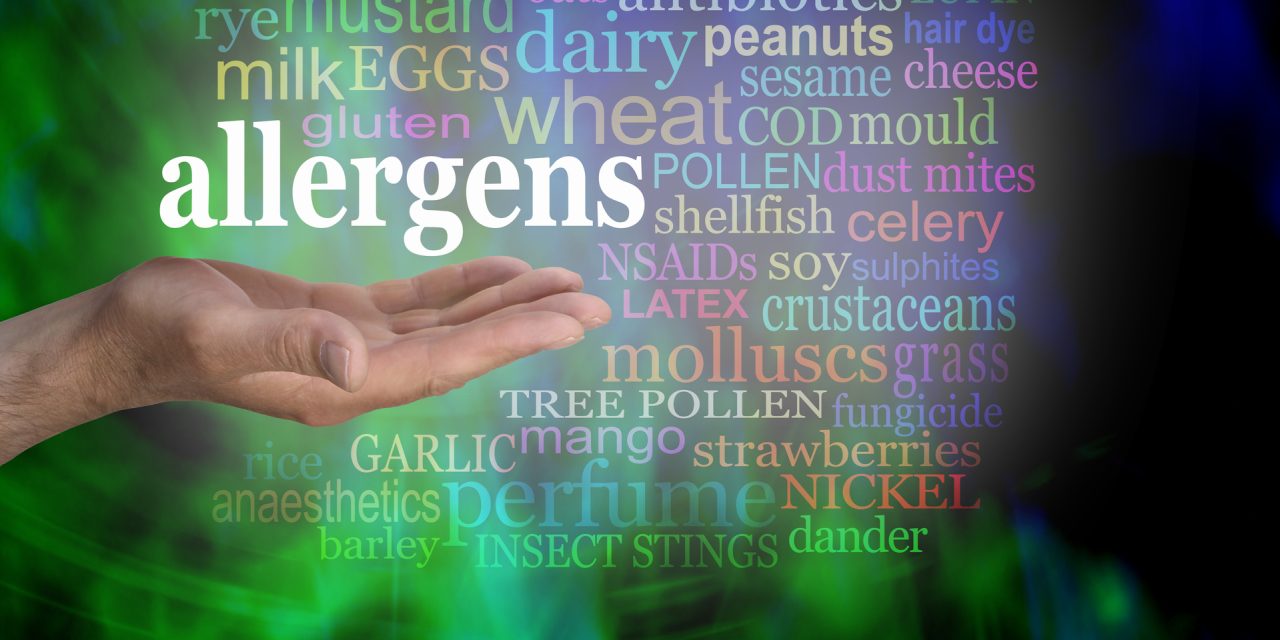Hepatitis B vaccine (three-dose series) produces long-term protection, however antibody levels below 10 IU/L are not unusual long after immunization. However, the majority of individuals with low antibody levels respond quickly to a booster dosage. A total of 10,294 students at Padua University Medical School were tested for the presence of anti-HBs, generally during their first year of matriculation, after receiving hepatitis B vaccine during infancy or adolescence as required by law. One thousand thirty of the students who were offered a booster dose were vaccinated, and the antibody titre was re-tested. The current study adds to the growing body of data that an anti-HB level greater than 2 IU/L predicts a fast response to a booster. There are also gender variances. The findings clearly show that an antibody titre of 2 IU/L or above is sufficient to elicit a response following a booster dose, even years after the original immunization cycle, and to predict successful immunological protection.
The longer the time between booster/post-booster analyses, the more likely it is to detect a poor response to the booster; moreover, females respond to the booster faster than men. The necessity of assessing antibody titre four weeks following a booster vaccine for healthcare professionals is emphasized, and the findings show that females respond better to booster immunization than males.
Reference: https://www.tandfonline.com/doi/full/10.1080/21645515.2019.1656483


